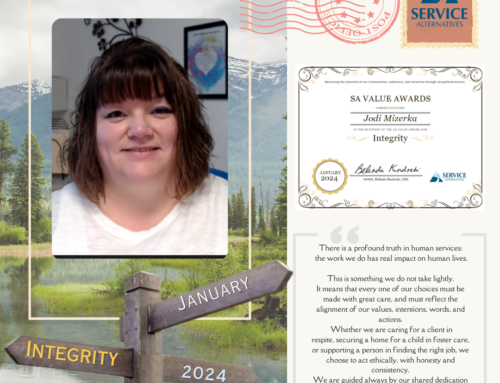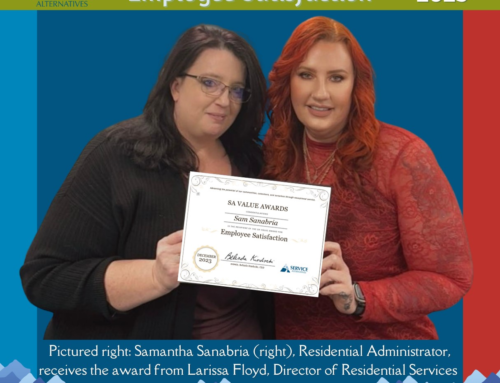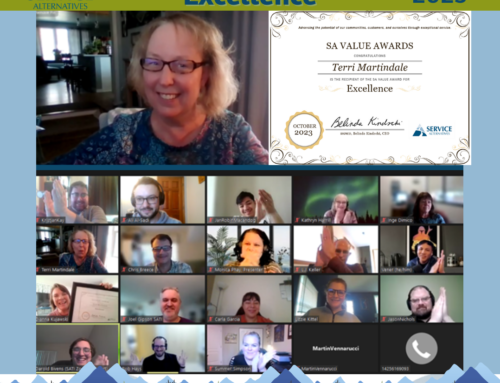Last June, (see Wise Use of Power) I wrote a post about the importance of recognizing one’s own power. Specifically, I defined the wise use of power as owning one’s power and using it in alignment with vision and values to make critical decisions that move an organization forward to achieve results.

Many of us can resonate with such a concept. However, a number of leaders will struggle with the how. Below, I’ll share some tips on how you can get started. And remember to allow time for change to take root; intellectual concepts do not immediately transfer to actionable ideas.
- Become aware of your tendencies. We all have primal ways of responding to situations which will show up in the way we assert our power. Pay attention to your natural style under relaxed situations. Notice how your style might change under stress. The more you understand yourself and your tendencies, the more power you have to make adjustments to yield best results.
- Manage your stress. Why does this fit under tactics to use your power wisely? Use of power under stress can take on many unattractive forms that often do not align with intentions. For example, an individual might start using unsophisticated language such as, “I am the manager and therefore you must…” Another individual might just start doing things themselves and disempowering those around them. Yet another individual might dismiss their power and take a cynical attitude of ‘nothing I do makes a difference anyway so why do anything?’ By managing our stress, we can get ahead of these reactions and choose more effective language.
- Stay in inquiry. While it may seem counter-intuitive, one of the wisest ways to use power is to ask questions. Continue to seek understanding and listen more. Yes, you might need to make a decision and yet a well informed decision brings the ‘wise’ into the ‘power.’
- Strengthen your skills in your role. Knowledge is power and confidence is the antithesis of fear. The more confident you become in your role, the more you are setting yourself up for a wise use of power. Misplaced power such as the examples provided in idea #2 often comes from a lack of confidence. Set yourself up for success by improving your job skills.
- Establish a culture of empowerment. The more you support others to feel empowered, the more you are setting a tone for a balanced use of power. Using power wisely involves knowing when to share it, when to assert it, and when to give it away. Expect others to bring you proposals and ideas; not just problems.
Stay tuned for more tips. In the meantime, try these out!
Join the conversation on our Facebook page!









